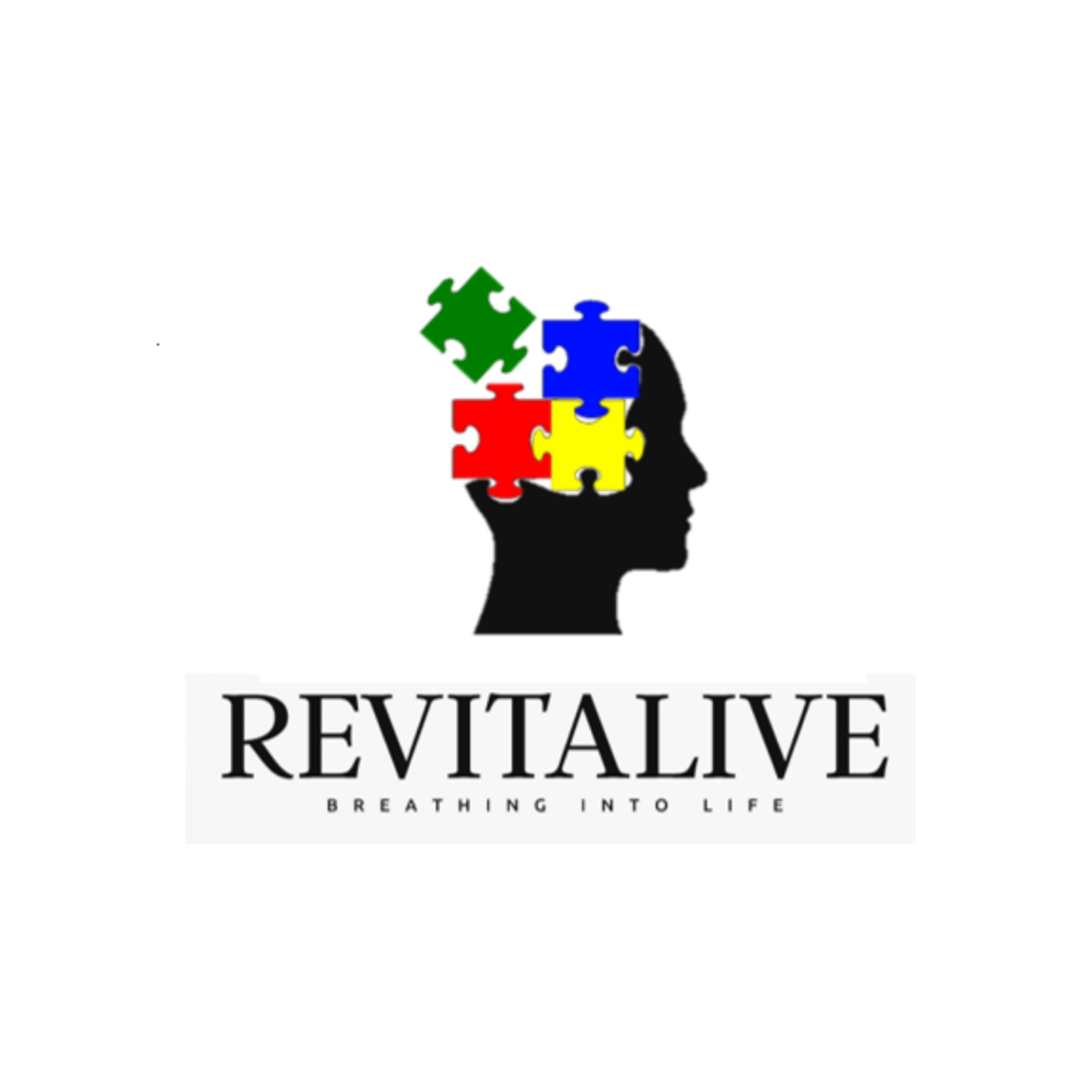Coping Strategies
- Projectrevitalive

- Aug 1, 2021
- 1 min read
There are two coping strategies based on the different areas of focus (Lazarus & Folkman, 1984):
Problem-Focused Strategy Those using a problem-focused coping strategy will focus on the problem itself, attempting to tackle the root cause of distress. Examples include analyzing the situation, working harder, applying what you have already learned in your daily life, and talking to someone that has a direct impact on the situation.
Problem-based coping is helpful when you need to change your situation, perhaps by removing a stressful thing from your life. For example, if you’re in an unhealthy relationship, your anxiety and sadness might be best resolved by ending the relationship (as opposed to soothing your emotions).
Emotion-Focused Strategy Those using an emotion-focused coping strategy will focus their energy on dealing with their feelings rather than the problem itself. In this case, you may use mechanisms like brooding, imagining or magical thinking, avoiding or denying, blaming, or seeking social support.
Emotion-based coping is helpful when you need to take care of your feelings when you either don’t want to change your situation or when circumstances are out of your control. For example, if you are grieving the loss of a loved one, it’d be important to take care of your feelings in a healthy way (since you can’t change the circumstance).
There isn’t always one best way to proceed. Instead, it’s up to you to decide which type of coping skill is likely to work best for you in your particular circumstance.





Comments